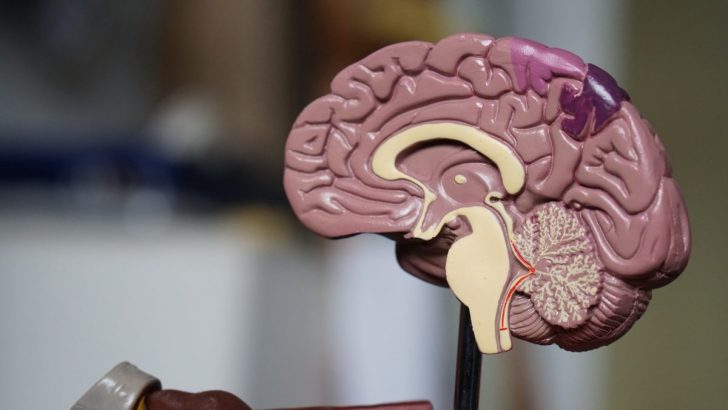The human brain, that incredible organ encased in our skulls, continues to intrigue, surprise, and mystify scientists and everyday folks alike. You might think you know a thing or two about it, given it has the thing you use for thinking. However, the little-known nuggets of knowledge we will be sharing today might surprise you.
So, let’s dive deep into the squishy recesses of our minds and uncover six lesser-known yet utterly fascinating facts about our brains.
Your Brain Contains “Zombie Cells”
No, this is not a pitch for a new horror movie. Astrocytes, a type of brain cell once considered mere support staff, can actually morph and take on new roles. When neighboring neurons die, these “zombie cells” can change their structure and connections to compensate for the loss.

So, while they are not hunting for brains, they are constantly adapting to keep everything running smoothly up there.
Size Doesn’t Always Matter
Ever heard the old saying about someone having a “bird brain”? Well, it might not be the insult it sounds like. While it is true that human brains are bigger relative to body size than many other animals, size is not the sole determinant of intelligence or capability.
For instance, despite its tiny brain, the crow exhibits problem-solving skills that rival some primates. It is all about how those neural connections are made and used.
The Brain’s Energy Consumption Is Astoundingly Efficient
Picture a light bulb. Now imagine that bulb glowing gently, using just about 20 watts of power. That is roughly the amount of energy your brain, a complex and highly active organ, consumes.

This powerhouse of an organ, which makes up about 2% of our body weight, uses only about 20% of our daily caloric intake. Yet, it is responsible for every thought, feeling, and action. That is some seriously impressive energy efficiency!
You’ve Got Gold in That Brain of Yours – Literally!
Alright, before you start considering a brain gold mining operation, know this: The amount of gold in your brain is microscopic. But it is there! Along with several other elements like zinc and platinum, trace amounts of gold are involved in neural communications.
Do not get too excited, though. The amount is so tiny that it will not even cover a chocolate bar’s cost.

You Can Literally “Taste” Words
Synesthesia is a fascinating phenomenon where the stimulation of one sensory pathway leads to involuntary experiences in a secondary sensory pathway. In simpler terms, some people might “see” colors when they hear music or “taste” words when they read or speak.
It is as if the brain’s wiring got a little crossed, blending senses together in a unique and often wondrous way.
“Brain Freeze” Is Your Brain’s Overzealous Alarm System
Ever wonder why you get that sudden headache, aptly named a brain freeze? It happens because the cold from what you are consuming hits the roof of your mouth, causing blood vessels there to constrict and then rapidly dilate.
Your brain, misinterpreting these signals, thinks it is heating up and thus tries to cool down, causing that familiar, sharp headache.
